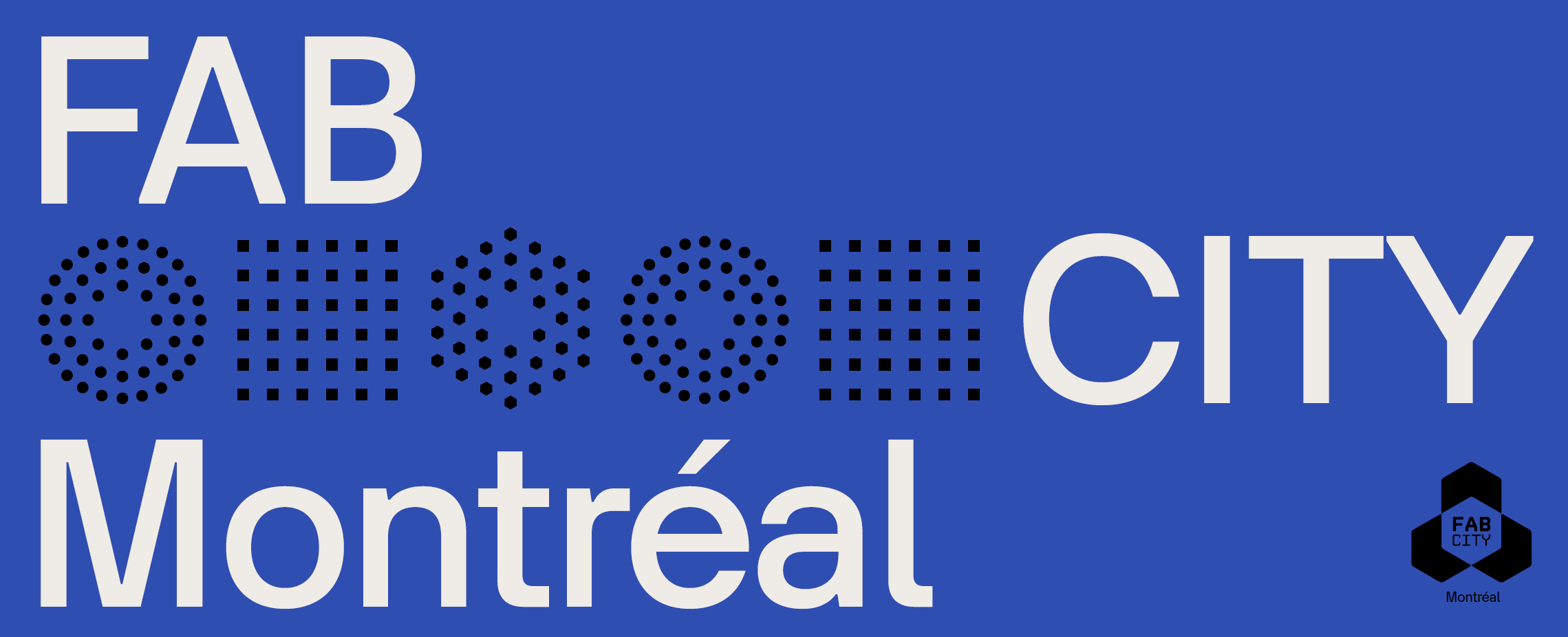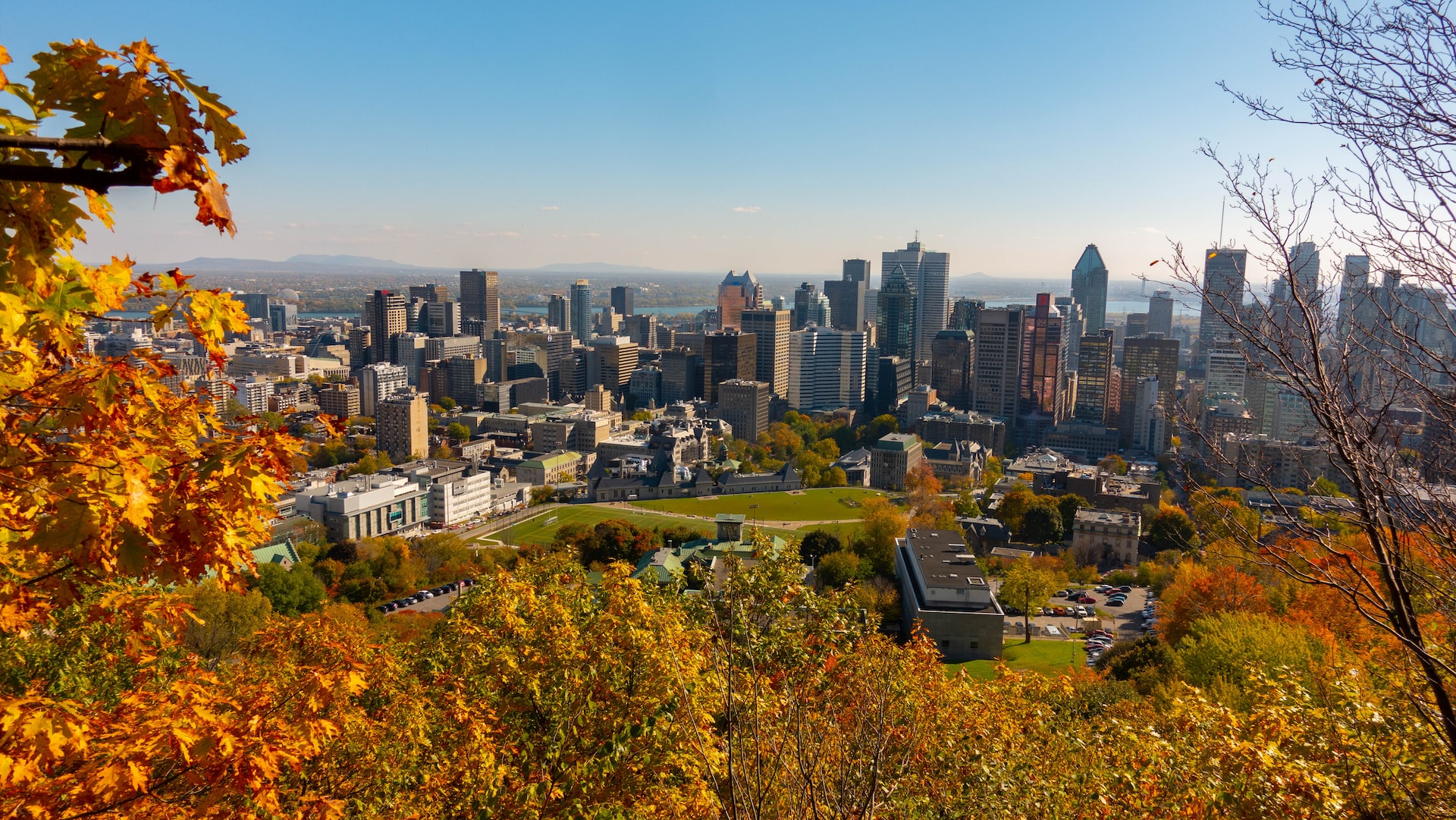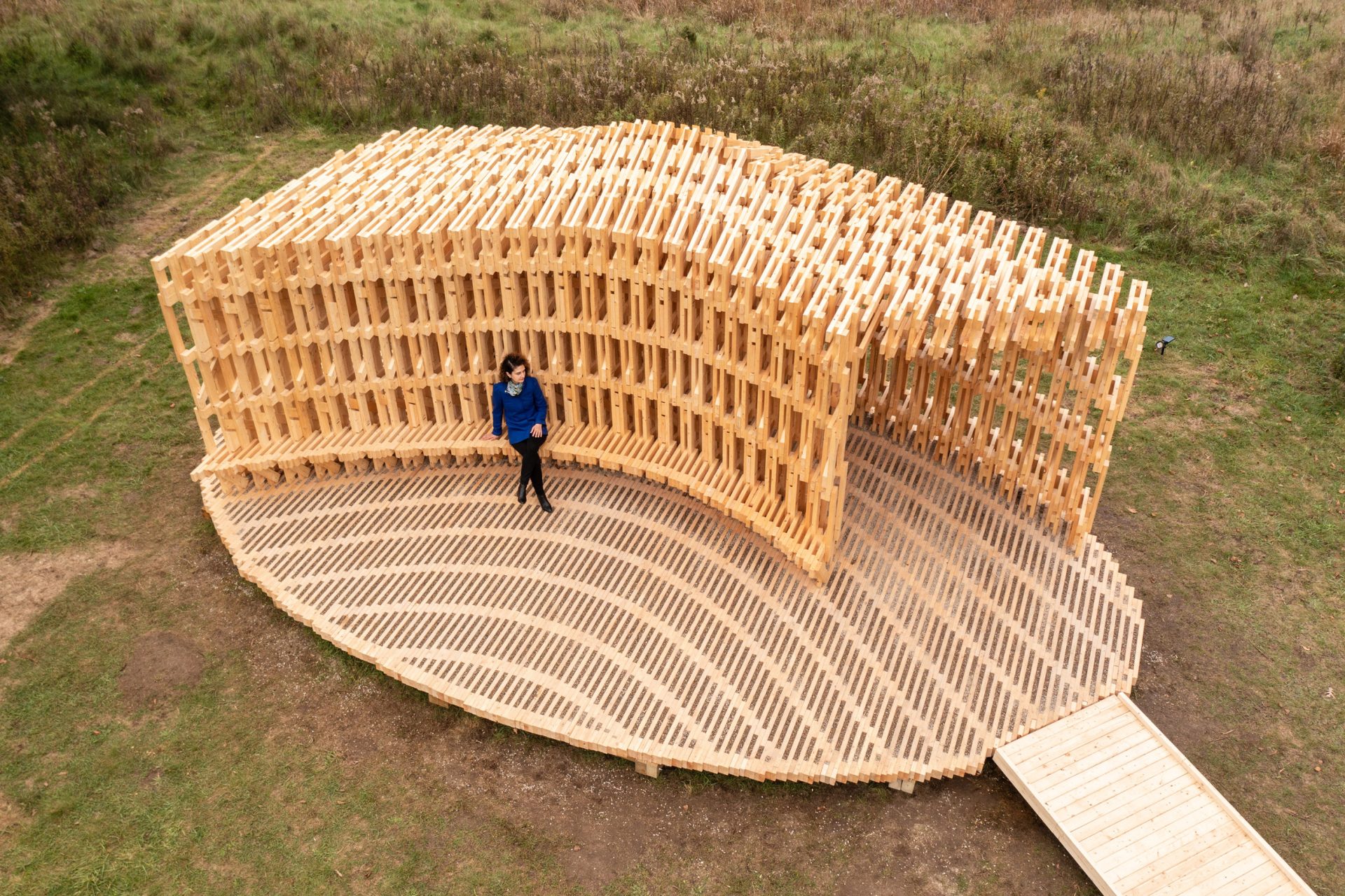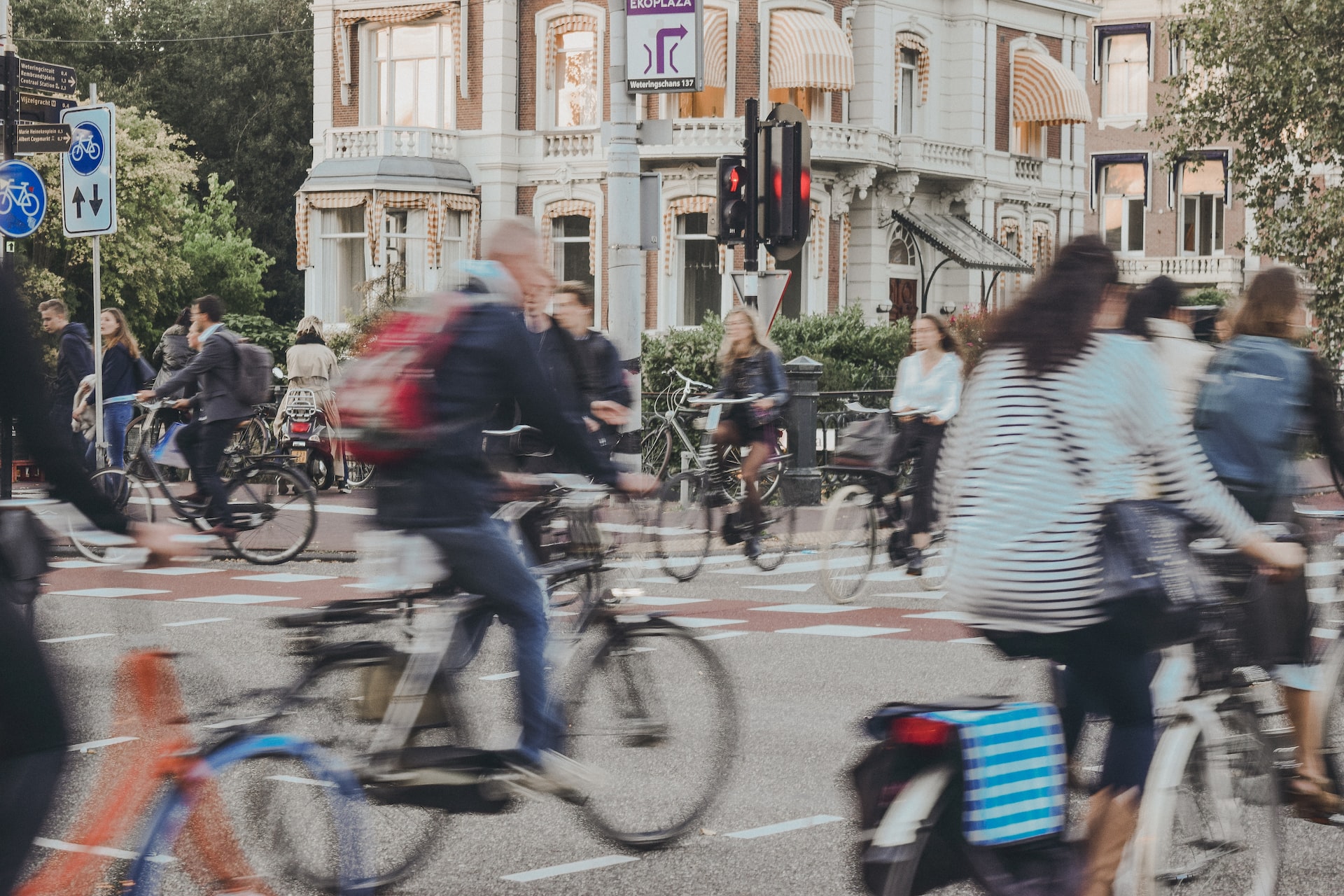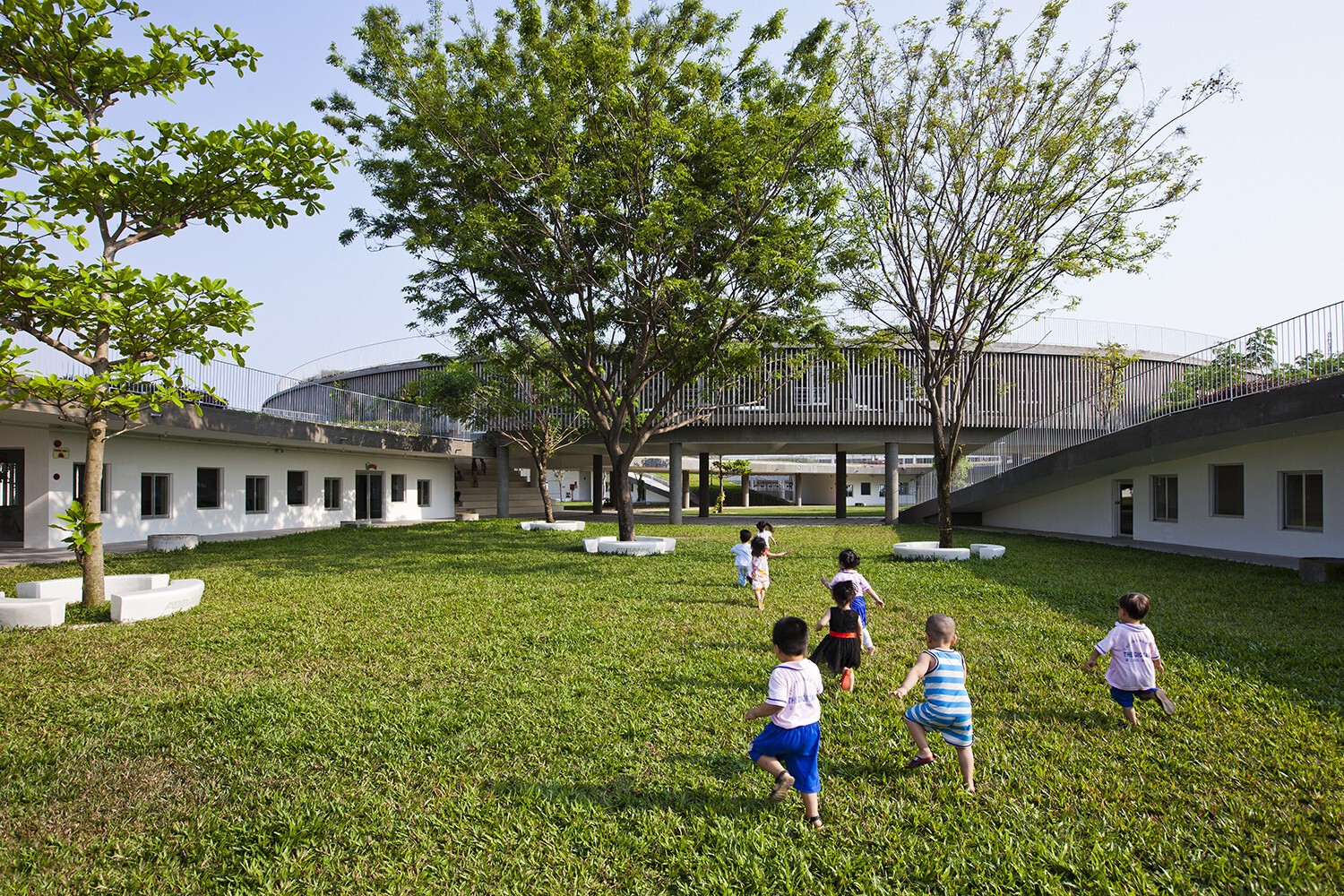News
The future of public parks
At The New Yorker, for the 200th anniversary of Frederick Law Olmsted, Alexandra Lange meets with landscape architect Sara Zewde and goes over some of Olmsted’s legacy. Like many important figures from the past, his life and work can look contradictory to contemporary eyes.
Robotically Fabricated Structure
Intriguing project led by the Adel Design Research (ADR) Laboratory at the University of Michigan’s Taubman College of Architecture and Urban Planning. Called a “Robotically Fabricated Structure,” it might actually be more interesting for the algorithm component than the robots.
Rethinking the mobility paradigm
Although the title of this absolutely fantastic talk by Marco te Brömmelstroet is “Rethinking the mobility paradigm,” it can actually be watched as a short but fun class on the power of language, on simplification, forest engineering, road engineering, Homo economicus, efficiency, optimizing for the wrong thing, and the incorrect balance between machines and humans, which we are currently living under. I also encourage you to listen and possibly research further some of the writers and books he mentions, as the lessons about thinking in systems and “seeing like a state,” among others, can be applied to a variety of fields and cases, not just cycling infrastructure.
Cities for children
There’s a repeating theme I’ve noticed over the last few years’ worth of changes in various cities, something that might be called the “oh, wait” moment. An old, old one we’ve mentioned before is the sidewalk curb-side “notch” which was originally popularized after the second world war when there was a surge of people in crutches and wheel chairs who needed sidewalks to be more accessible but oh, wait… it’s also proven super useful for the elderly and for parents pushing strollers. Recently it’s increased bike paths and pedestrian streets to give people some room during the pandemic but oh, wait… it’s actually appreciated year-long and not only good for active mobility but also for the business of surrounding cafes, restaurants and shops.
Videos
#Fabcitymontreal


